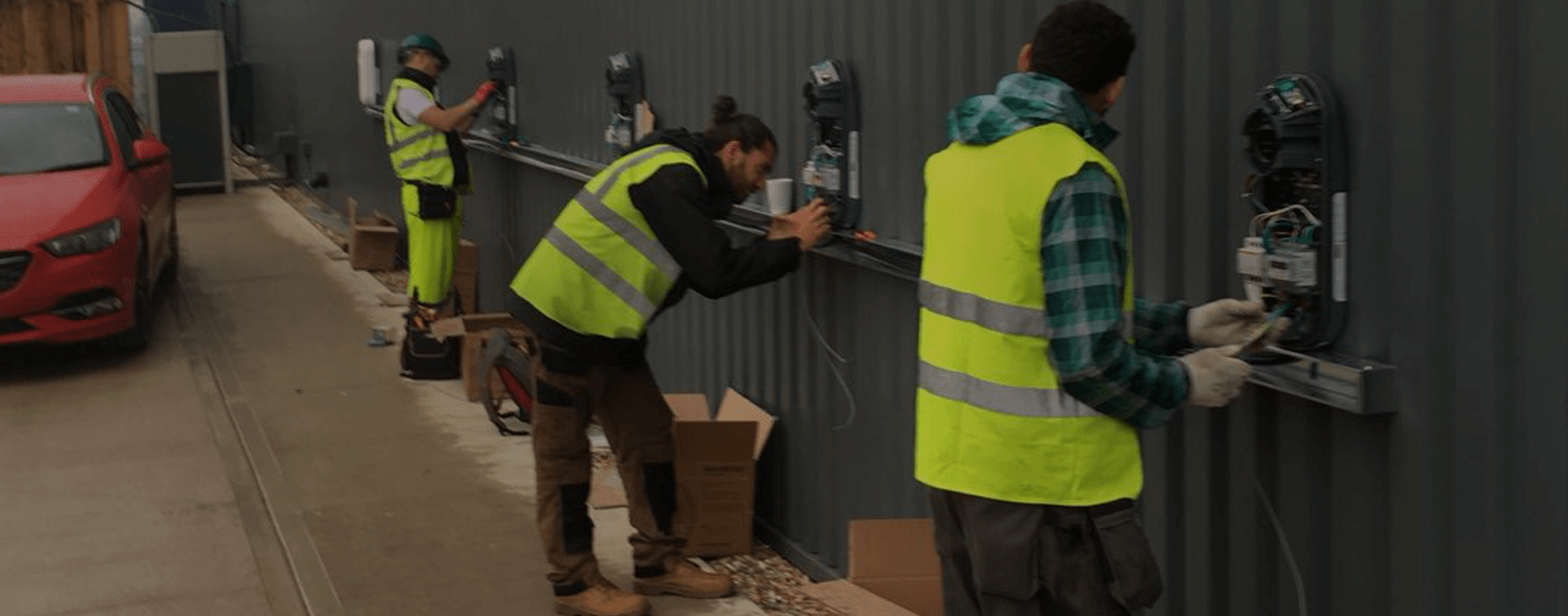We undertake an initial EV charging feasibility study to determine estimated costs, revenue, air quality benefits, and third party finance suitability for EVCPs at your sites.
A major technical consideration is whether there is sufficient capacity on existing electricity supplies to power proposed Electric Vehicle Chargepoints (EVCPs). To account for scenarios where this may be the case, we submit new supply/connection applications to the local Distribution Network Operator (DNO) on your behalf. The DNO will respond with an offer of a new supply detailing the capacity and cost of providing the connection.
All we need from you is a Letter of Authority (a signed letter giving us permission to apply to the grid on your behalf), and a list of sites, of course!
Although it can take up to 8 weeks until we receive a response from the DNOs, once we have received this response, we are able to provide you with a Desktop Feasibility Study for your review. The study will provide details regarding:
- Hardware
- Back office provision
- Estimated costs, usage, revenue and returns on investment
- signage, bay marking and other project elements (traffic management orders and parking enforcement etc]
- options to adopt or replace existing EVCI (if consideration of this has been requested)
- Warranties
- Estimated air quality benefits
Once we understand the cost of the installation and the likely usage profile of the Electric Vehicle chargepoint, we can also evaluate the potential to provide private sector funding for the scheme. Our funders have certain criteria to meet, but we can assess suitability for 3rd party financing on a site by site basis at this stage.




